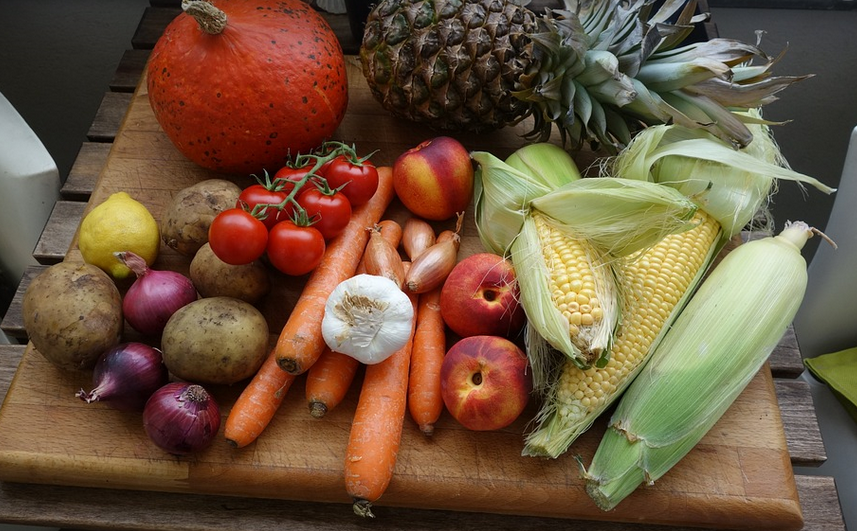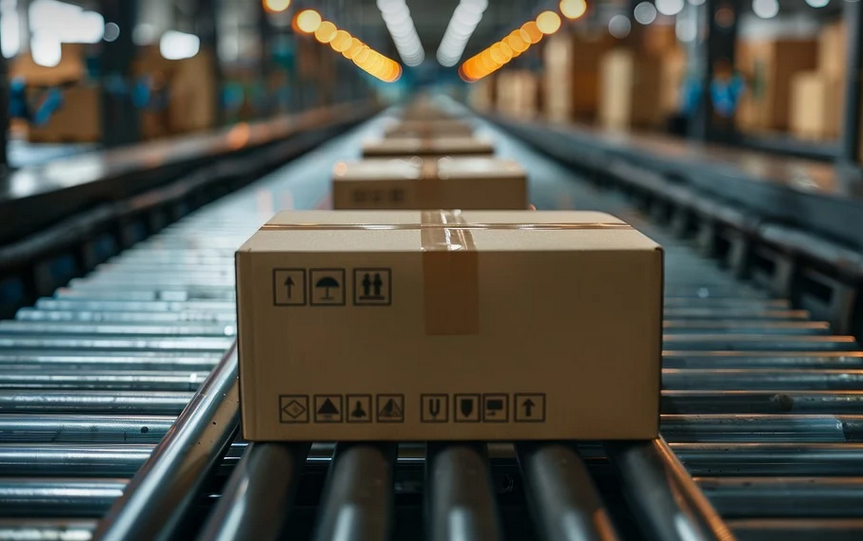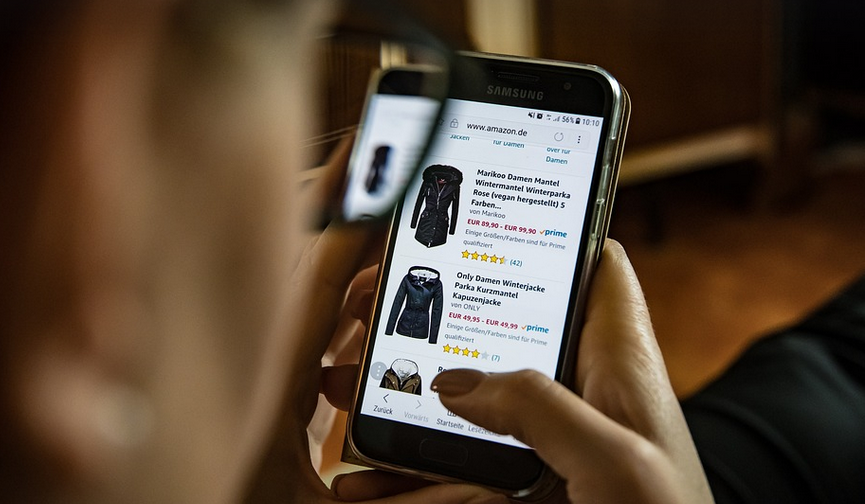A Guide To The Va's Medical Marijuana Card Program

Understanding the VA’s Approach to Medical Marijuana
The U.S. Veterans Administration (VA) is increasingly acknowledging the potential benefits of medical marijuana for veterans struggling with various health conditions. This expanded recognition has led to a new program called “Medical Marijuana Card,” designed to provide eligible veterans with easier access to this treatment option. Understanding how this card works, who qualifies, and what it entails will help you navigate this important process.
The VA’s focus on medical marijuana stems from its understanding that certain conditions commonly faced by veterans, like chronic pain, post-traumatic stress disorder (PTSD), and depression, can significantly impact their quality of life. The VA recognizes that these conditions are often debilitating and traditional medications might not always provide adequate relief. Medical marijuana has shown promise in alleviating some of these symptoms, prompting the agency to explore ways to facilitate its use for our veterans.
The “Medical Marijuana Card” is a crucial step toward providing veterans with greater access to this potential treatment option. However, it’s important to remember that this is just one piece of the puzzle when dealing with medical marijuana and veterans’ health concerns. The VA’s role is to help veterans understand their options, find appropriate medical professionals, and navigate the complexities of obtaining medical marijuana.
What Makes a Veteran Eligible for the Medical Marijuana Card? While a lot has been made about the “Medical Marijuana Card,” it’s important to understand that this card doesn’t magically unlock access to cannabis. It works within a broader framework. Here are some key factors contributing to eligibility:
**1. Qualifying Conditions:** The VA recognizes numerous conditions for which medical marijuana might be beneficial. These include, but aren’t limited to:
- Chronic pain
- Post-traumatic stress disorder (PTSD)
- Anxiety
- Insomnia and other sleep disorders
- Seizure management
- Spinal cord injuries
**2. Diagnosis and Documentation:** A veteran must have a qualifying condition diagnosed by a physician, who is part of the VA’s approved provider network or has a recognized medical practice within the program. This diagnosis should be documented clearly through appropriate documentation, such as medical records, prescriptions, and correspondence.
**3. Compassionate Use Program:** The “Medical Marijuana Card” falls under the VA’s broader initiative for “Compassionate Use Program.” This program allows veterans to explore alternative therapeutic options beyond traditional medications. The program encourages veterans to discuss their needs with their healthcare providers to see if medical marijuana might be a suitable option.
**4. Patient-Physician Interaction:** The key element of the VA’s approach is working in tandem with veteran patients and qualified medical professionals. Veterans are encouraged to communicate openly with their doctors, discuss their concerns regarding pain management and other difficulties they face, and explore the possibilities of using medical marijuana as a therapeutic option.
The process of obtaining a “Medical Marijuana Card” can seem daunting, but it’s designed to be user-friendly and accessible. The VA has streamlined the application process and provided clear guidelines on which conditions are eligible for this program.
**How to Apply for a Medical Marijuana Card:**
- **Visit the VA Website:** Begin by visiting the VA website, where you can find detailed information about the “Medical Marijuana Card” program. https://www.va.gov/cannabis-programs
- **Fill Out the Application:** The application process involves completing forms and providing necessary documentation, such as medical records and physician recommendations.
- **Submit Your Application:** Once you’ve gathered all the required documents, submit them to the VA through their online portal or by mail.
- **Wait for Processing:** Following the submission, the VA evaluates your application, which might take some time. Keep in mind that there is a potential waitlist due to high demand and limited resources.
**Beyond Medical Marijuana: A Holistic Approach**
While medical marijuana can be a valuable treatment option for veterans dealing with specific conditions, it’s crucial to remember that holistic care is paramount. This means addressing the veteran’s overall well-being, not just the symptoms of their diagnoses. The VA encourages veterans to engage in various forms of therapy, such as counseling, support groups, and other rehabilitation programs that address their mental and emotional health.
**Veterans’ Rights: A Foundation for Future Progress**
The introduction of the “Medical Marijuana Card” program is a significant milestone in the recognition of veterans’ needs. It signifies a shift towards a more holistic approach to healthcare, one that acknowledges the unique challenges faced by our nation’s heroes. However, it’s important to remember that this program is just the beginning. We need continued advocacy and support from all stakeholders to ensure that our veterans have access to resources, timely care, and most importantly, opportunities to live fulfilling lives.
**The Future of VA Medical Marijuana Program**
As with any new program, the future of the “Medical Marijuana Card” rests on its continued effectiveness in providing veterans with relief from their conditions. The VA actively gathers feedback from veterans, healthcare providers, and other stakeholders to improve this program and ensure it meets their needs. This ongoing evaluation will help refine the program and address any challenges faced during implementation.
**Closing Thoughts**
The “Medical Marijuana Card” program represents a significant step towards providing veterans with greater access to treatment options that they need. This program encourages veterans to explore alternative therapeutic approaches when standard medications fail to provide adequate relief. Always remember that this program is just one piece of the puzzle. By partnering with their healthcare providers, exploring alternative therapies, and advocating for their needs, veterans can navigate this complex landscape and work towards a brighter future.


